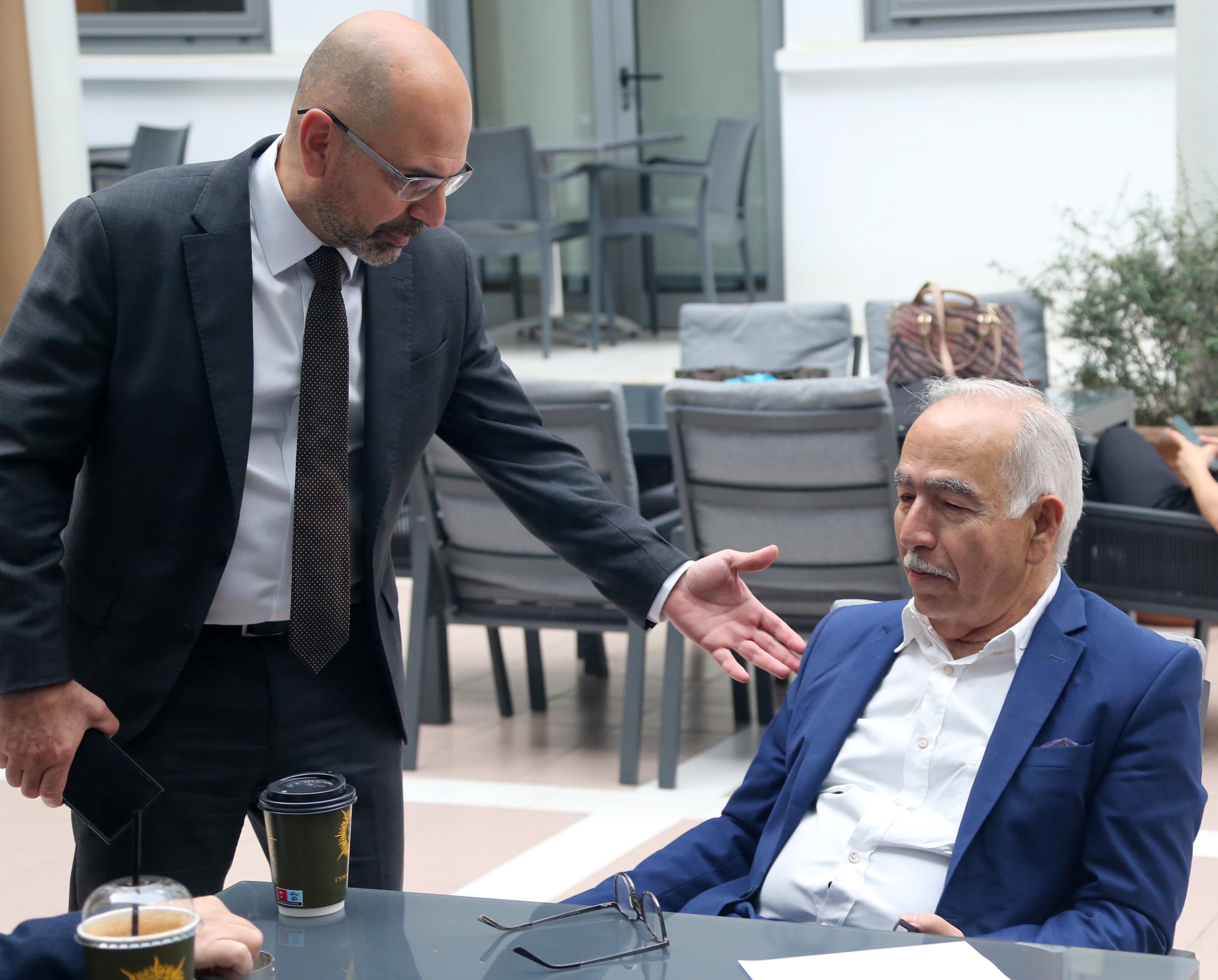A session of the House audit committee looking into a €14 million tax debt to the state ended abruptly on Thursday amid accusations of disrespect and obstruction by a state’s attorney.
MPs gathered to probe how Blue Ocean, a now-defunct company dissolved in 2024, managed to leave behind unpaid tax obligations totalling €14 million.
Cyprus has long been a popular destination for wealthy corporations seeking to manage their assets discreetly. Its trust laws allow for the creation of international trusts that offer high levels of confidentiality. Under Cypriot regulations, such trusts are not required to be registered publicly unless they hold shares in Cypriot companies or are managed by local trustees. Even then, only the name of the trust is reported confidentially to the Central Bank.
This legal framework has made Cyprus attractive for high-net-worth individuals like Russian billionaire Roman Abramovich, linked to Blue Ocean.
Trust structures such as the Europa Settlement Trust and HF Trust, both reportedly linked to Abramovich, enable assets like private jets to be owned via layers of companies and trustees. These arrangements can obscure the identity of the ultimate beneficiary from public view, while remaining technically legal under both Cypriot and international law, until sanctions or violations trigger investigations, as seen in the FBI case.
It was against this backdrop of financial secrecy and lack of transparency that Thursday’s committee session was convened, following a request by MP Alexandra Attalides. But the meeting came to a sudden halt after what Akel MP Irene Charalambides described as a “provocative and insulting attitude” from the attorney-general’s representative.
A prior investigation by the Cyprus Investigative Reporting Network (CIReN) had alleged that the luxury yacht leasing system set up by Blue Ocean was not only fictitious but deliberately structured to avoid VAT and income tax obligations within Cyprus.
CIReN is the Cyprus partner of the Organised Crime and Corruption Reporting Project (Occrp). Its report also raised questions about the effectiveness of enforcement by the tax department and the attorney-general’s office, with critics arguing that authorities failed to take timely action, allowing the company to dissolve without settling its multimillion-euro debt.
In a strongly worded statement, Charalambides blamed the disruption squarely on the state’s attorney’s conduct, claiming it forced the committee to suspend the session.
“You cannot just show up and watch like a spectator,” she said of the state’s attorney, adding that parliamentarians have a duty to seek answers on behalf of the public.
The MP said the representative from the attorney-general’s office was not only unprepared to respond to questions, but also showed “disrespectful behaviour in front of journalists”. She insisted that this undermined parliamentary oversight and wasted lawmakers’ time.
Among those present and ready to answer questions were the tax commissioner, the auditor general Andreas Papaconstantinou and the registrar of companies. According to Charalambides, the absence of meaningful input from the attorney-general’s office made it impossible for the committee to proceed. Calling the situation unacceptable, she urged the attorney-general to attend the next session personally.
“It is now up to him to restore at least some credibility to the attorney-general’s office, which was damaged today,” she said.
The discussion, she stressed, touches on serious matters, not least how millions in VAT revenues were lost due to how authorities handled the case.

Auditor-general Andreas Papaconstantinou with Diko MP Zacharias Koulias
The House committee plans to revisit the matter in two weeks’ time.
Attalidou, who tabled the matter for discussion, said the episode in parliament illustrates the “conflict of interest” relating to the powers currently vested in the attorney-general. She was alluding to the dual role of the AG – as both the state’s chief legal adviser and its top public prosecutor.
Taking it further, the MP claimed that attorney-general Giorgos Savvides is personally “involved as he was a minister of the same government which covered for the oligarchs for so many years”.
Savvides had served as justice minister from May 2019 to June 2020 in the administration of Nicos Anastasiades.
“Your stance is unacceptable,” she told the representative of the AG’s office. “I know that you have been briefed about this since January, it is shameful for the attorney-general’s office to behave in this way.”
The MP said she would report Savvides to the European Public Prosecutor’s Office.
Citing the CIReN report, Attalidou said that in 2010 tax authorities here began investigating Blue Ocean. In March 2012 authorities slapped a €14 million fine on the company for unpaid VAT for the years 2005 through 2010.
Blue Ocean challenged this in court, but in 2018 the administrative court ruled against it, deeming “baseless” the company’s contention that it did not have to pay VAT.
The company next appealed with the Supreme Court; the appeal was dismissed in March 2024.
Blue Ocean dissolved in July 2024, but – said Attalidou – neither the company’s former legal representative nor the CIReN journalist were able to determine if the company in fact settled its tax dues.
The MP said she has formally asked the finance minister to answer this question.
For his part, Tax Commissioner Sotiris Markides told the committee that “no settlement was made before its dissolution” with Blue Ocean.






Click here to change your cookie preferences